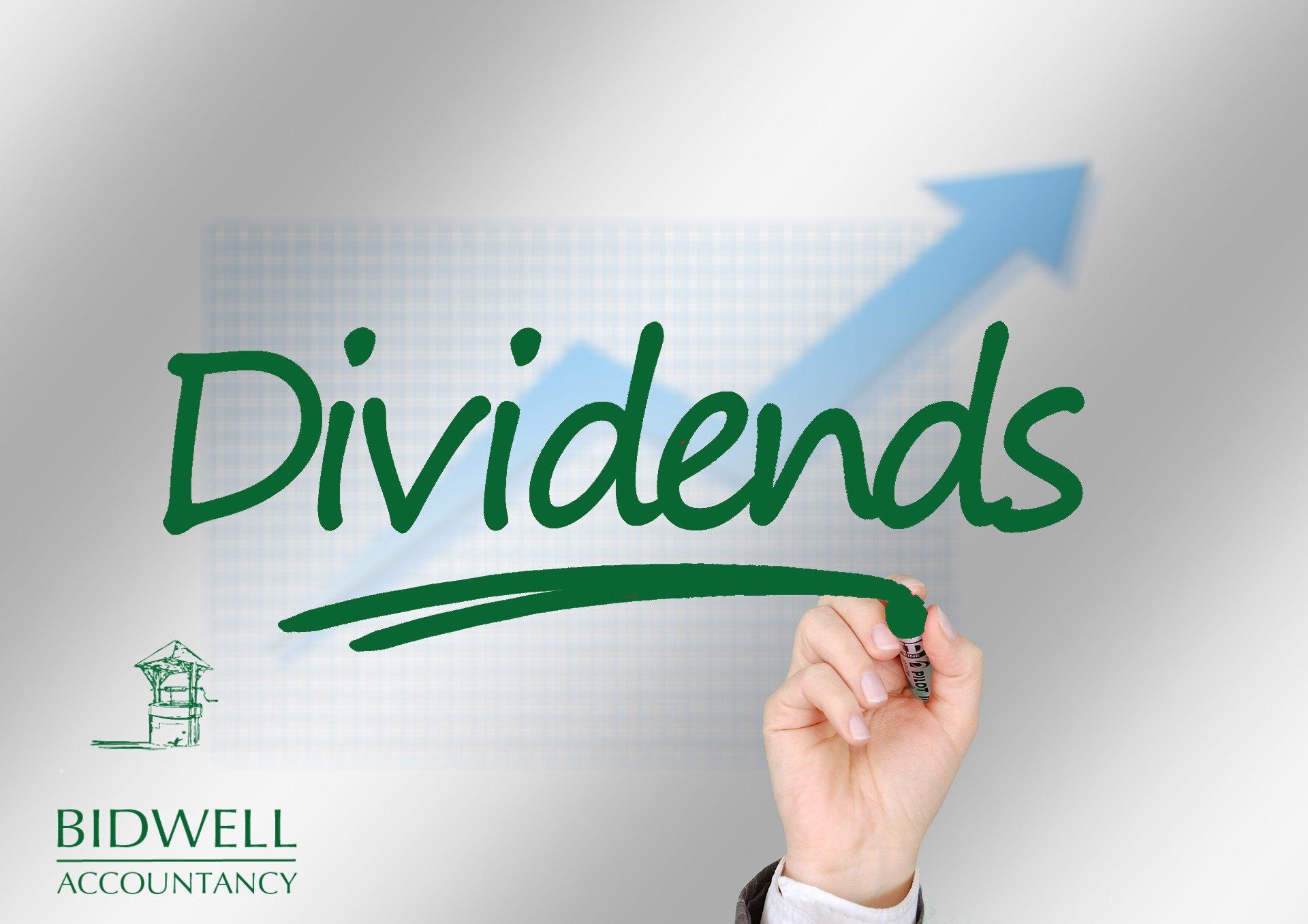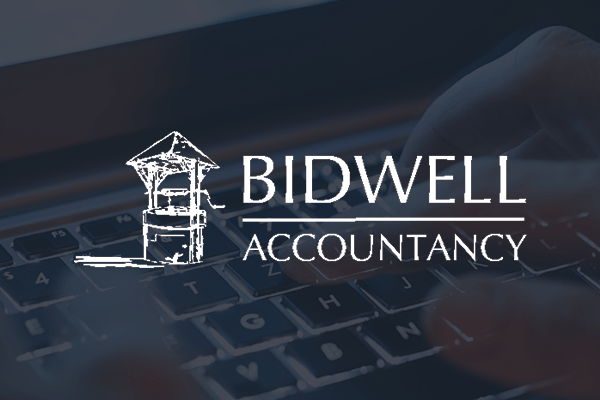
Dividends can be pretty nice to receive
Most business owners and directors are aware of what a dividend is. A dividend is the distribution of a company's profits to the directors and shareholders. Your business makes profits and as a director or shareholder you’ll get a payout. Typically the rate of tax is lower on a dividend and makes for an appealing offer.
A pretty sweet deal if your business is doing well.
However, that nice little payout you’re used to receiving from the business could be unlawful, which as a company director, places you at risk. Laid out in the Companies Act 2006, a set of provisions were made to legislate against unlawful dividends. It’s important you know what these are and how to mitigate against them.
In this article we’re going to run through what unlawful dividends are, why they happen, who’s liable and how to mitigate against them moving forward.
The last thing you want as a director after receiving one of these dividends, is to have HMRC at the door a few days later asking for money.
What is an unlawful dividend?
The dictionary definition of an unlawful dividend is when payments are made out to directors with insufficient funds in the business to do so. In layman's terms, money paid to directors and shareholders when there isn’t enough profit in the business to cover the payment costs.
But that’s not the only reason why a dividend becomes unlawful. Dividends can also be unlawful if there is;
● Incorrect or lack of evidence for authorisation. When releasing a dividend payment, a board meeting should be held with recorded minutes, which is used to evidence that profit levels have been considered and the relevant parties have sanctioned it. If you’re a sole trader the evidence of ‘profit’ review still needs to be done.
● No receipt, also known as a dividend voucher. This voucher is for tax purposes and should show the rate per share, the dividend figure and the amount of a tax credit.
To quickly summarise, a dividend becomes unlawful when there are either insufficient funds, authorisation has not been documented or evidenced correctly and a dividend voucher is not completed.
So what do HMRC think?
Any dividend that is deemed unlawful by HMRC can be seen as salary, which then requires national insurance and tax to be paid. This is why it’s always important to ensure that there is enough company profits to make each dividend payment.
How unlawful dividends can happen?
In a nutshell, the things that lead to unlawful dividends are pretty simple. Poor record-keeping, errors and fraud.
Simply miscalculating the company profits and using an incorrect figure can make dividends unlawful. The majority of the time this can all come down to poor record-keeping.
That’s why it is important to speak with an accountant and ensure business proceedings are meeting legislative requirements. A simple conversation with your accountant could be the difference.
Who’s liable?
Becoming a limited company offers a variety of benefits, one of these being the removal of liability to the directors, when a business becomes insolvent.
When a dividend is found to be unlawful the liability and risk falls to the company's director, even when a business becomes insolvent. Declaring you had no knowledge still does not remove the liability. Unlawful dividends are the responsibility of the company’s directors. Which means an administrator can and will chase up a company’s director for payment, even after insolvency.
This can be a relatively scary thought, knowing that the repercussions of unlawful dividends fall to the company’s director. We recently wrote an article on the responsibilities of a company’s owner and how a good quality accountant can help with reducing errors and liability. Read it here.
What role the accountant plays in this
With the use of Xero, Receipt Bank, Chaser and more apps, accountants can now remove the need for you to hang on to invoices or receipts. No longer needing to try and remember how much a job was priced at. The right accountant will be able to put measures in place to keep data up to date and in one place.
A great example of this is using Xero to send out digital invoices. Coupling this with a digital bank feed and not only are your accounts regularly up to date, but when your clients pays an invoice, that money is allocated to the relevant order. Very good for keeping a correct, up to date, calculation of company profits.
This new way of working means you’re no longer looking through old bank statements, trying to figure out what that £1,200 payment 6 months ago was for. Your data is all up to date, which is important especially when working out dividend payments.
Having up to date records are key when seeking to distribute profits. Last year's set of accounts may not be appropriate when reviewing payouts. As mentioned above you’ll need to prove there are sufficient profits at the time of dividend distribution.
Utilising accounting technology to keep records up to date and having everything in one place reduces errors and poor record-keeping, two main reasons for unlawful dividends.
Coupling digital processes with an accountant's knowledge of the legislation can also work as a safeguard in the prevention of fraud, as accountants can better monitor the flow of cash in your business. They can quickly ask questions or identify if one of the company's directors might have made an ‘intentional mistake’.
Preventing unlawful dividends before they are even processed and reducing your risk as a company director. That’s what a good quality accountant should be able to offer you.
Get yourself a good accountant
A huge benefit accountants bring is order and clarity to your business. Accountants are armed with digital technology to improve your administration processes, especially when it comes to financial record keeping.
Accountants spend countless hours training and understanding legislation. It’s an important part of their role. Building a relationship with your accountant and ensuring your accounts are up to date is a great way to mitigate risk. Both in the present and future.
With digital cashflow tools and understanding of legislation, a good relationship with your accountant is the safegurad your buisness needs.
Maybe you’re unsure if you as a company director are currently exposed to risk or want to double check. If you do, fill in the enquiry box below and have a conversation with one of our experts here at Bidwell. Sometimes a simple conversation can be the difference.

Unit 157, Milton Keynes Business Centre,
Foxhunter Drive, Milton Keynes,
Buckinghamshire, MK14 6GD
Bidwell Accountancy





